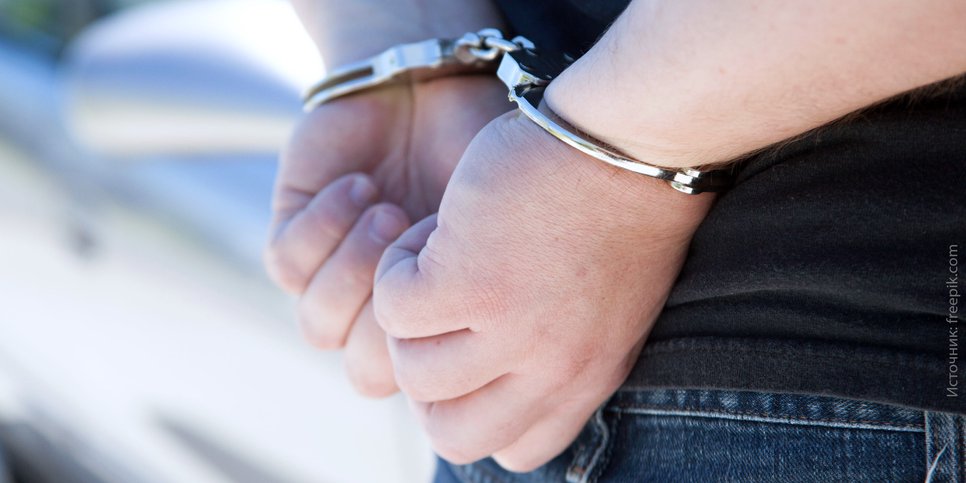An Appeal in Krasnodar Upheld the Sentence to Maksim Beltikov for His Faith
Krasnodar TerritoryOn September 19, 2022, a panel of judges of the Krasnodar Regional Court upheld the sentence of Maksim Beltikov — 2 years in a general regime colony for believing in Jehovah God.
The court of first instance delivered its verdict in the Beltikov case on January 17, 2022. The believer was immediately taken into custody. Since that day, he has been behind bars, separated from his wife and three minor children. Maksim Beltikov maintains his innocence and can appeal the verdict on cassation.
The criminal prosecution of the believer began in the spring of 2020, when FSB officers searched the homes of many Jehovah's Witnesses in the Krasnodar Territory. Among them were Alexander Ivshin, Oleg Danilov, Alexander Shcherbina, Vladimir Skachidub andLyudmila Shchekoldina — the courts sentenced them to imprisonment in a colony for terms ranging from 2 to 7.5 years.
Beltikov's accusation of extremism was based on audio recordings of his conversations about the Bible with the infiltrated intelligence agent Ilchenko. He was also a key witness for the prosecution in the case of Lyudmila Shchekoldina. Beltikov's accusation of extremism was based on audio recordings of his conversations about the Bible with the infiltrated agent Ilchenko. He was also a key witness for the prosecution in the case of Lyudmila Shchekoldina.
Russian courts interpret the very fact that Jehovah's Witnesses hold worship services as extremist activity. However, the Government of the Russian Federation has repeatedly stated that the courts did not prohibit the followers of this religion from singing songs, praying together and discussing the Bible - all of these are ways of practicing religion, protected by both Russian and international law. Russian courts interpret the very fact that Jehovah's Witnesses hold religious services as extremist activity. However, the Government of the Russian Federation has repeatedly stated that the courts did not prohibit the followers of this religion from singing songs, praying together and discussing the Bible - all these are ways of practicing religion, protected by both Russian and international law.

